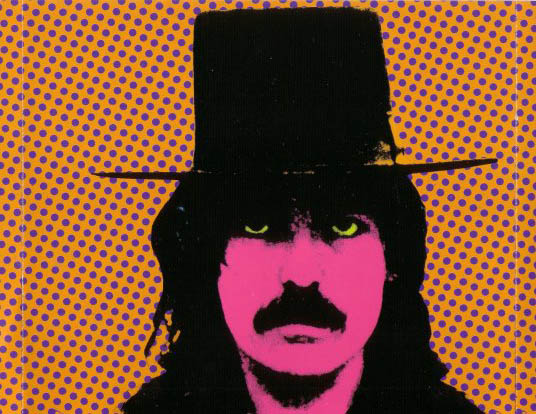Given our nation's fiscal challenges, we have no choice but to organize public, private, and community resources more effectively and collaboratively. A recent report from the Coalition for Community Schools shows that for every $1 that the school system invests in a community school, the community invests an additional $3. That's real leverage. According to Secretary of Education Arne Duncan, the return was even greater during his tenure organizing 150 community schools in Chicago.
And the research is clear: students in community schools learn better, attend school more, and are healthier.
Parents at my daughter's school are up in arms over a personnel change, organizing meetings and firing emails back and forth. We would have killed for that level of parental involvement at the school I taught at last year. Because parental involvement makes such a difference in kids' achievement, it stands to reason that anything that gets parents more invested in the school is worthwhile. The above statistics bear that out.
Moreover, while it's undeniable that teacher quality makes a huge difference, piling all the accountability on the backs of teachers makes no sense. So much of what affects educational outcomes is far beyond the teacher's control. Which brings us back to measures that increase community involvement; again, they pay for themselves. As Kevin Drum has pointed out, our schools do a pretty good job by international standards – it's just our high-poverty schools that are lagging.
So again, anything that helps the community surrounding the school is desirable. If we ever get to a place where we stop cutting budgets, this kind of thing will, everyone now: pay for itself.
Next up is a study that shows student hunger to be the third worst problem that teachers face.









































